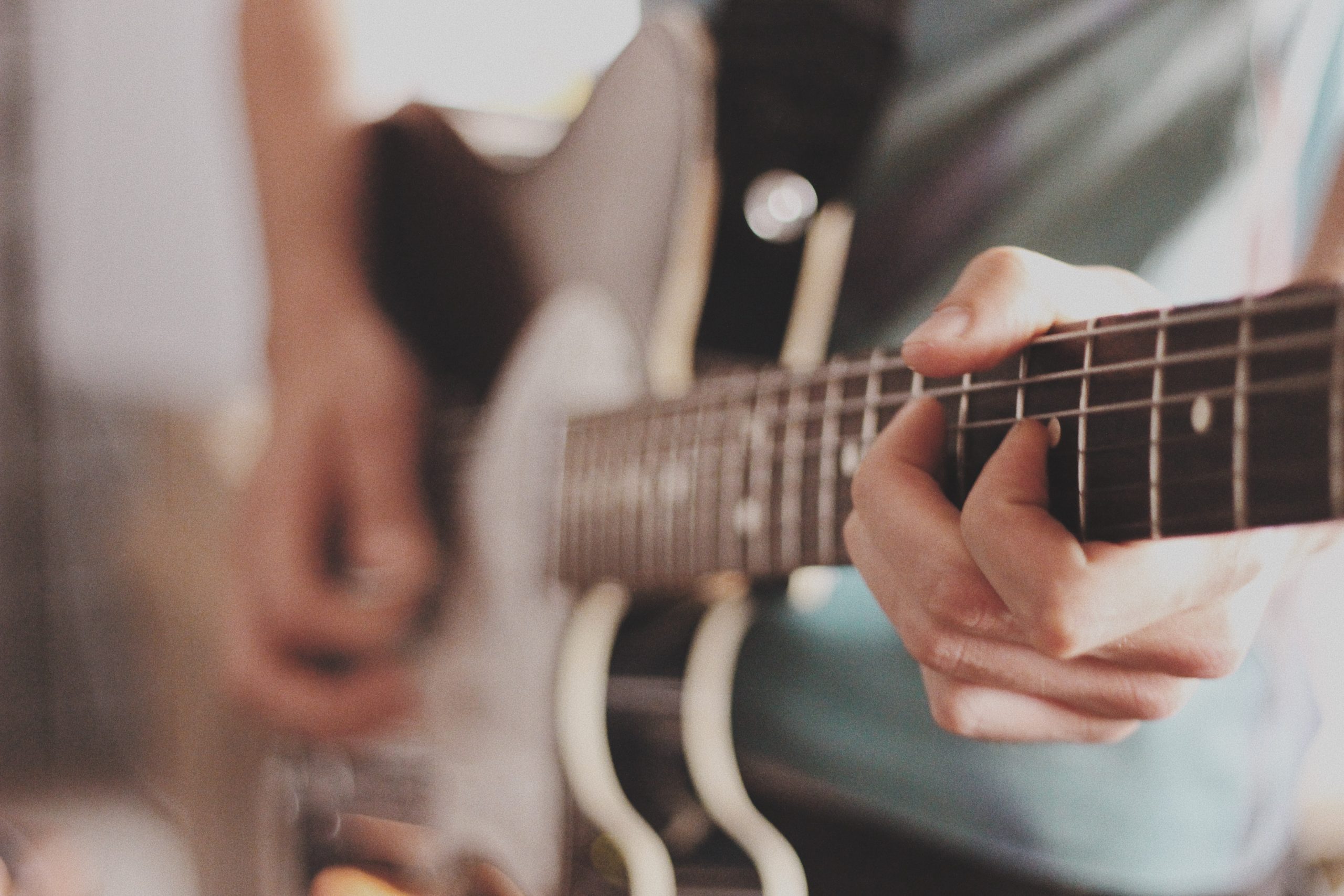These are strange and testing times for musicians and the music industry. However, I believe that being creative and collaborating with other artists throughout this period will go on to form strong networks, projects and business ventures once this period of lockdown passes. This is a great time for musicians to hone their craft and get in the hours of practice that weren’t possible before.
In this video, I discuss some of my top tips for designing and sticking to a productive, realistic and achievable practice routine for the lockdown! I also share my practice routine which I will explain in detail below in the blog.
Making your Practice Routine Productive, Realistic and Achievable!
First up, know when to practise and know when to not to. If you don’t feel inspired to practise one day or you have other priorities that fill your time, don’t force yourself and don’t feel guilty. Practice shouldn’t be thought of in a negative way. I strongly believe that if you wait until you feel inspired or excited to pick up your instrument you will be more productive.
Next, I recommend setting up a productive and effective work area. This is a space separate from where you would relax. You don’t want to be practising and working at the end of your bed. If you can, set up at a desk where you have a computer, your instrument and a notepad/stave paper all at the ready.
Set yourself small, manageable goals. By giving yourself too big a task, you will find yourself overwhelmed and won’t know where to start or what to focus on. I recommend setting small and specific tasks with clear criteria. You will therefore clearly see once you’ve completed the task. For Example, I might set myself a task to understand what harmonic language a guitarist uses over a chorus of a blues. This limits my practice so I am focused on a specific task in a specific time range of music. Once I have found out what harmonic language the guitarist uses in the blues my practice is complete. I could then take my practice further by creating exercises using this language, keeping my practice relevant and linked to what I have previously been looking at. I believe this helps motivation, allowing you to celebrate the little wins in your practice routine. This may release feel-good endorphins and give your practice that rewarding feeling!
Use the lockdown period to reflect on yourself as a musician. Try to take a step back and look at your strengths and your weaknesses within your playing and practice. Try and use your strengths to your advantage to bring your weaknesses up to scratch! I try and make sure that all areas of my practice are progressing evenly.
To do this effectively, I recommend dividing your practice up into smaller areas of focus. In my current practice routine, I divide my practice up into six sections. Aural, Rhythm, Chordal, Single Line, Reading and Repertoire. This makes sure that each week I am making a conscious effort to give each area an equal amount of attention. I do this to give myself the best opportunity I can to improve all the focus areas at an equal rate.
My Weekly Practice Routine
Aural:
This practice involves hearing and internalising common harmonic movements. I practise hearing and singing intervals, root movements in chord progressions and cadences.
Rhythm:
This practice involves the metronome! I play rhythms such as 16th note funk rhythms and blues shuffles, single-note rhythms and feels such as the 16th note swing feel. I start at a slower tempo and make sure I am getting the exercises correct. I then gradually build up speed over time.
Chordal:
This practice involves exploring chord structures. I explore new sounds and ways to play chords by inverting chord shapes, exploring string groups, spread voicings and always aiming to use voice leading.
Single Line:
This is a big area of my practice where I explore performing and controlling harmony through single-note playing. I practise continuous arpeggios through chord changes as a key exercise. This allows me to map out my instrument and know where guide tones and the closest resolutions are for different chords.
I also include scale and motivic development practice in this area of focus and try and merge these two elements into an exercise where possible.
Transcription is another big part of my practice that I am including in this section. However, these tend to be bigger projects that I complete over a period. I set myself up with a separate time frame for the transcriptions, maybe two weeks to a month, depending on the size of the project. I link the transcription practice into my weekly routine by creating specific exercises from the transcription that link to my other areas of focus.
Reading:
To succeed at this practice, it is all about keeping it short and fun! I aim to read a piece of material once a day, whether that is a melody, a solo or working out a chord voicing or vocal arrangement. By surrounding yourself with the literal side of music little and often you’ll be surprised how quickly you pick it up.
My transcription projects can also tie into practice in this area too!!
I look to find my weaknesses in my reading such as across the bear and bar ties, reading chords and intervals. To improve these weaknesses, I write what I read down onto stave paper and then play it from my own transcription. This forces me to internalise what I am reading. The more you do of these kind of exercises the quicker you will get at reading!
Repertoire:
And finally, this practice involves keeping track of all the songs and material you have been working on. Whether you are a rock, function, blues, jazz or any other type of musician, it is good to keep track of your repertoire as you never know when you might find yourself in a situation needing to play a song you once learned! Even though certain songs may need just a quick refresher and others may need a bit more work, this is a good way to track your gradual growth as a musician and you will begin to see the same musical devices and harmonies appear in different songs.
Keeping track of musical repertoire is extremely helpful when it comes to learning new concepts and more difficult techniques as it allows for practice over familiar material.
Lockdown Bonus Tips!
Keep exploring new music, use this time to check out artists’ back catalogues and try and delve into completely new genres.
Apply your musical knowledge and techniques to other instruments. They can make you think and hear in new ways. By playing what you already know on a different instrument, it can open your mind to new sounds and bring on new ideas. For example, I am a guitarist and I might try playing my chord voicings on a piano. This may lead me to find new spread voicing of chords that I already know. Bass players may want to apply some of their 16th note funk playing to drums to consolidate their knowledge of groove.
Get singing. Singing makes you internalise music, chord movements and intervals. Even if it’s just singing along to the radio or with what comes out of your instrument. If your family or housemates are musical or just outgoing get them involved! It could be a fun lockdown exercise to try and sing three or four-part harmonies as a group whilst cooking dinner!
I hope these tips help you look at your practice routine in a positive way and make the most of it throughout the lockdown period. As much as it’s a strange and uncertain, you can use this time to your advantage! Thank you for reading my blog, keep safe and hopefully I can meet you soon at one of the BIMM campuses.



